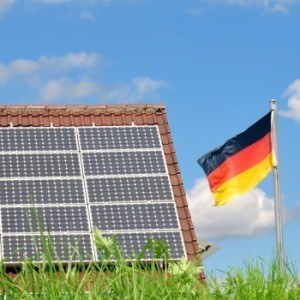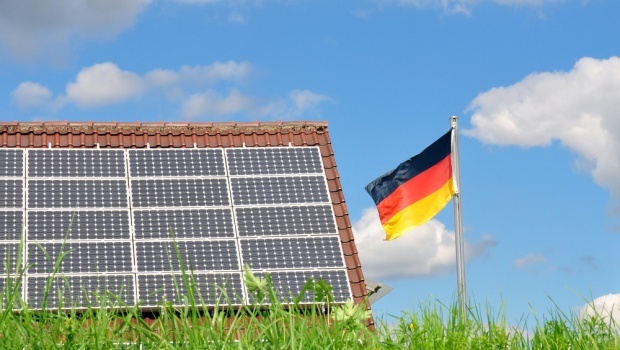The solar industry calls upon the Federal Government to make a clear commitment to the expansion of solar power
Proposals to significantly restrict the further deployment of solar power in Germany that are coming from the ranks of the parliamentary group of the governing coalition pose a risk to the energy transformation, according to the German Solar Industry Association (BSW-Solar). If these proposals were to be realized, it would twart the expansion of renewable energy sources and put the future-oriented solar power industry at risk, which by now supports well over 100,000 jobs domestically. “The German Solar Industry Association calls upon the Federal Government to make a clear commitment to the energy transformation, to setting and fulfilling concrete climate protection goals and to solar power,” explains Carsten Körnig, Chief Executive Officer of the German Solar Industry Association.
Background: In a letter to Federal Minister of Economics Philipp Rösler (FDP) and Federal Minister for the Environment Norbert Röttgen (CDU), the heads of the parliamentary groups of the governing coalition in the Bundestag (Germany’s Upper House) have called for drastic cuts in support measures for solar power. In their letter, however, the politicians make use of an obsolete argument to justify demands for a set limit on deployment for solar power in Germany. Since 2007, advances in technology and mass production have brought down the costs of and support rates for solar power by a factor of half. By 2020, as energy experts have calculated, the share of solar power in the German electricity mix, currently at approximately 3 percent, can be increased to 10 percent, without bringing about a noticeable increase in the price of electricity. Already in 2012, solar power systems will be producing electricity at the price level of household electricity tariffs, and by 2014 at the latest, the support level will be on par with that of offshore wind farms.
“Only through a vigorous expansion of all renewable energy sources and a significantly bolstered commitment in the area of energy efficiency will the energy transformation be successful, and will we be able to replace nuclear power and fossil fuels,” according to Carsten Körnig. “Some in the governing coalition are currently attempting to turn back the clock,” Körnig went on to say. “Now it’s up to the Federal Government to make a clear decision on whose interests it represents: those of the old energy economy, or those of the citizens.” All the polls indicate that the overwhelming majority of the German population is behind the expansion of this clean and citizen–friendly form of energy. As Körnig explained, solar power is an indispensable component of the energy mix of the future. Those who are now questioning the continued expansion of solar power are putting the energy transformation at risk.
Because of the remarkable reductions in cost, there will be hardly any increase in the costs resulting from the expansion of solar power that are passed on to nearly all electricity consumers (EEG apportionment). Calculations by the consultancies Roland Berger and Prognos show that even given a continuing deployment of new solar power systems with a total capacity of approximately 5 gigawatts per year, the portion of the household electricity price that stems from the expansion of solar power will remain stable, at the current level of approximately 2 cents per kilowatt hour. In overall economic terms as well, the expansion of solar power pays off.
Within the course of only a few years, the support for solar power will abolish itself. Already now, in accordance with the amendment to the Renewable Energy Sources Act (EEG), which was adopted only last summer and comes into effect on 1 January 2012, the support for solar power systems can, given continuing strong market growth, be reduced by up to 24 percent per year.
Proposals to set a limit for solar power deployment or to further accelerate cuts in support, as are now being called for, are by no means acceptable from the standpoint of the Solar Industry Association. Besides sending out a devastating signal on the international stage, such moves would endanger the energy transformation and threaten one of Germany’s key sunrise industries.

